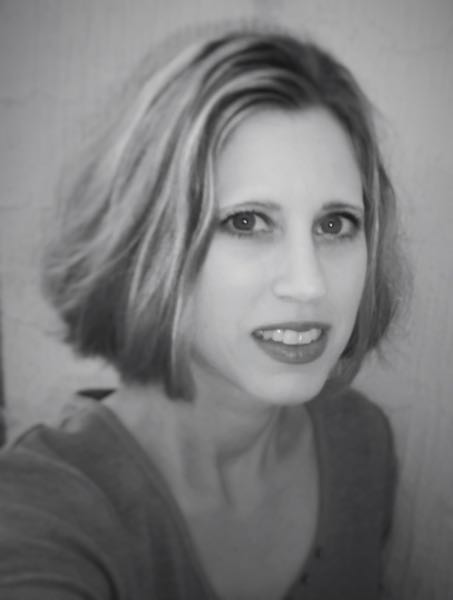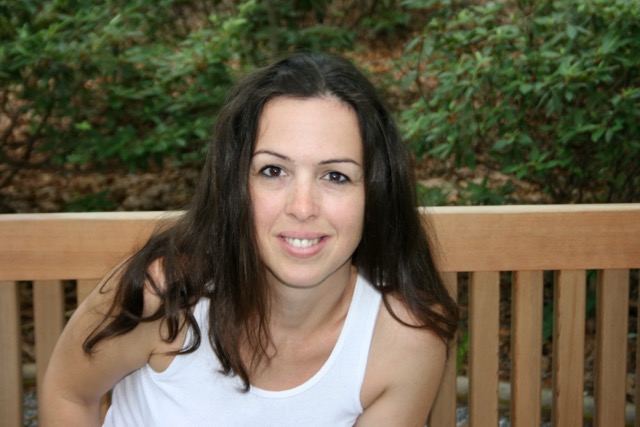As a teenager, my favorite band was the Cure. This was pre-Radiohead, pre-Editors, before bands—even alternative bands—tended to be literary. Yet the Cure turned out songs like “Killing an Arab,” based on The Stranger by Albert Camus, and “How Beautiful You Are,” an echo of Charles Baudelaire’s essay “The Eyes of the Poor” (both facts that I discovered, in those dark ages before Google, when I fortuitously—serendipitously?—stumbled upon the originals… one in a borrowed book that I came this close to not taking home with me). In that arid early-90s musical landscape, the Cure was an exception in more ways than one (the Smiths were another, but Morrissey has gone so far off the deep end with his white nationalism these days that I find it hard to listen to his music). I remember, during those years, several vivid dreams featuring the band’s teased-haired, heavily made-up vocalist Robert Smith, including one in which he appeared at my Shelby, North Carolina home to take me away with him.
(Sigh.)
I mention the Cure because the title of one of their songs—“Charlotte Sometimes”—afterward became a kind of euphemistic shorthand with which I would refer to the period of months I spent at two different mental institutions during the fifteenth year of my life. My parents, at their collective wits’ end with my depression, self-harm, and runaway attempts, had decided to “send me off,” as it was referred to in the common parlance of my hometown of Shelby, North Carolina. (In retrospect, I have to say that I think my depression was justified; a close friend had recently been left paralyzed by a stupid, completely avoidable accident, and my reading of a college environmental studies textbook had convinced me not only that the adults running the show were doing a shit job of it but that the entire planet was in imminent danger, both of which have turned out to be all too true.)
The lyrics to “Charlotte Sometimes” fit the circumstances of my internment with an eerie similarity. The hospitals were both located in Charlotte, and my stays there were intermittent, first one, then another, over a period of months. The song describes a girl who lies in bed, eyes open, in a city in which the streets look strange. It mentions the “expressionless games” that the people (nurses? psychiatrists?) around her play. There are many of these strangers—they have “many different names”—and they’re too close to her; they crowd in on her. The song describes the wall around the girl, “glass-sealed,” and refers to unfamiliar sounds and lights (industrial, fluorescent?) that seem too bright and glare off of the (hospital’s?) white walls.
There’s a line in the song about the girl preparing herself for bed, which stands out because, one night as I lay in bed, eyes open and not yet asleep, one of the counselors came into my room to “tuck me in” and rubbed his hand from my cheek down my neck to my chest, where he got a good feel before finally bidding me good night.
I spent the next day nervous and uneasy. I suspected that Jamal, the counselor, would come back into my room that night, and that his groping might escalate into something more. Finally, in the evening, I made what I thought was a discreet inquiry: “Is Jamal working tonight?” When Nurse Radcliffe told me he was, I must have looked worried enough to prompt concern. “Why, April?” she asked gently, at which point I burst into tears.
I was a minor, away from home, and under the care of a group of adult healthcare professionals. Today I see clearly the potential for a lawsuit, just as the hospital’s administrators must have seen at the time. Jamal was phoned and told not to come in that night. Kids were questioned. It turned out that, although no one else accused him of sexual misconduct, he was well-known for making jokes and comments of an inappropriate, often sexual, nature. Jamal was fired, I was apologized to, and my parents were called in, presumably to head off any thoughts of litigation.
The administrators needn’t have worried. The only anger my parents expressed—privately, in my room, after a meeting with several hospital bigwigs in tailored suits—was with me. They were miffed at having to drive all the way to Charlotte on a weeknight for what they viewed as a tempest in a teapot, and my mother blamed me for provoking the incident. “You must have done something,” she concluded peremptorily, “to make him think you wanted it.”
When I look back on Charlotte Sometimes, I’m surprised how vivid my memories of that time are. I can still taste the spicy Blistex handed out to soothe the effects of the canned heat, and see the city’s rosy morning skyline as it was framed by the window of my room. It was a welcome revelation to encounter doctors and counselors who blamed my parents for most of my problems, who told them to stop making me sleep in the bed with my nine-year-old brother or capitulate to his other demands. Forced to eat a healthy diet for several months, I realized that I felt better. When my period came, for the first time in my life, it wasn’t heralded by gut-wrenching cramps. One of the counselors, a dark-haired young man named David who wore cloth shoes, told me that I should go vegetarian. “You’re too compassionate a person to eat meat,” he said with a smile.
He was right. A month after I was discharged from the second hospital, I dropped all meat from my diet. My only regret is that I never got to tell David what a difference he made in my life. For twenty-eight years, I’ve eaten considerably more vegetables than typically figure in the American diet. When, after being diagnosed with multiple sclerosis, I learned about the importance of a vegetable-based diet in combatting the symptoms of the disease, my first thought was, “If I’d eaten like other people all these years, I’d probably be in my grave.”
There was another benefit to my Girl, Interrupted interlude. Though I had always been a voracious reader, in the first hospital I was exposed to a new kind of literature, writing so fresh and exciting that, I’m ashamed to say, I tore several pages out of a literary anthology—including poems by Allen Ginsberg, LeRoi Jones, Ted Berrigan, and Sylvia Plath—to take with me when I left. Like the Velvet Underground’s Janie, whose life was saved by rock and roll, in a very real sense, my life was saved by literature. That delicious tome and others I found in the seventh-floor library offered me a glimpse of a new world, one in which I would immerse myself just a few years later, when I majored in literature at the University of North Carolina at Asheville.
When my parents had me committed, I don’t think they expected to be blamed for my problems. They resented my talking about my home life to doctors and counselors, “telling their secrets,” as they saw it, and they retaliated by declaring that they’d spent enough and wouldn’t be shelling out a penny for my education. The last time I visited them, twenty-eight years after Charlotte Sometimes, my mother was still complaining about what my stint in the hospitals had cost them. As if I’d asked to be locked up.
I’m sorry that my parents feel this way, because, in spite of the downside, I view the experience as one of the best things that ever happened to me. Today, as “a woman standing where there was only a girl” (to come back to the Cure), I see Charlotte Sometimes as formative in my life, a turning point. Those months “off” taught me that the world was bigger than my parents’ house, bigger than the town of Shelby, broader and grander and more interesting than anything I’d yet seen. As Robert Smith would say, “the party just gets better and better.”
##



